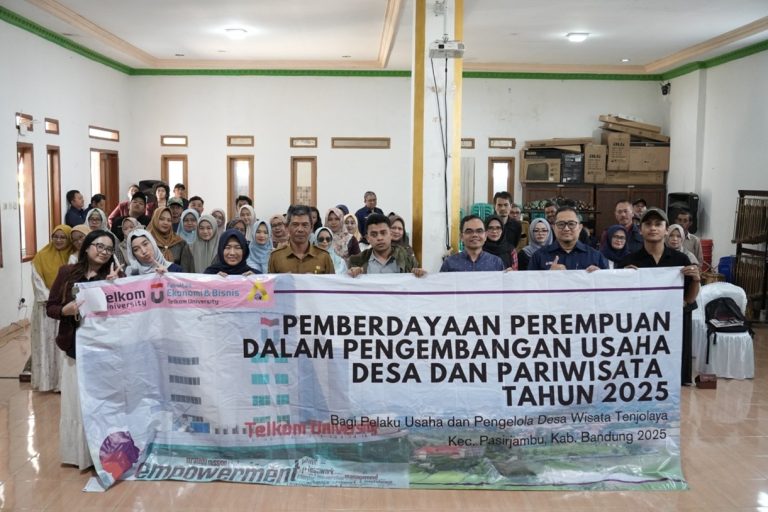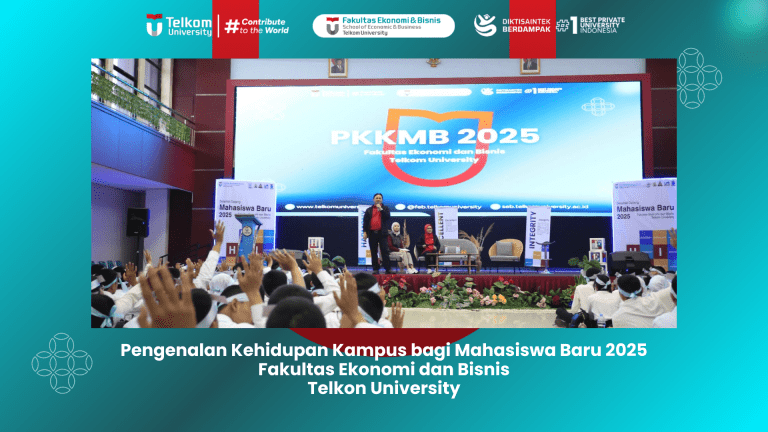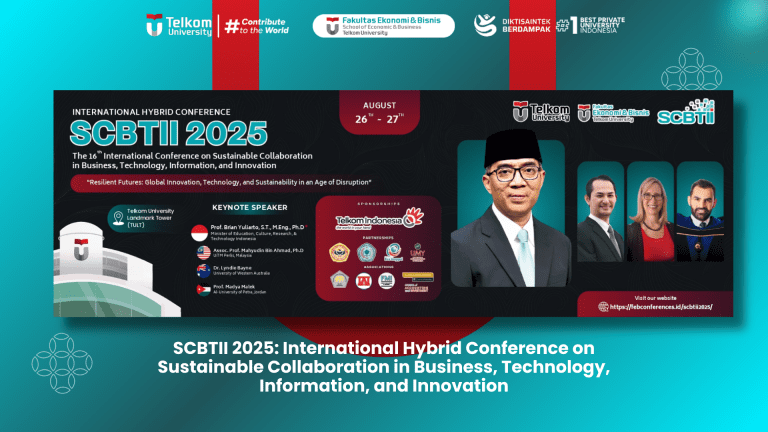Building Effective Teams: Human Resource Management Strategies in the Business World
Effective team building is a crucial element in achieving success in the business world. A strong team not only contributes to increased productivity, but also creates a positive and innovative working atmosphere. This article will outline human resource management (HRM) strategies that can support effective team building, emphasizing the important role of Telkom University’s Faculty of Economics and Business in preparing future team leaders.
The Importance of an Effective Team
Effective teams play a significant role in achieving organizational goals. They are capable:
- They are able to:Improve Collaboration: Well-trained teams can collaborate to achieve common goals, speed up the decision-making process and create more innovative solutions.
- Encourage Creativity: With a diversity of ideas and viewpoints, a solid team can generate innovations that take the company to new heights.
- Increases Employee Satisfaction: Effective teams create a supportive work environment, which in turn increases employee motivation and satisfaction.
Strategies for Building an Effective Team
Select Appropriate Team Members
- Skills and Competencies: Ensure that each team member has skills and competencies that are relevant to the team’s goals. This will improve the efficiency and effectiveness of teamwork.
- Diversity: Building a team with diverse backgrounds can provide broader perspectives and more innovative solutions.
Set Clear Goals
- Vision and Mission: Make sure all team members understand the company’s vision and mission. A clear goal will motivate team members to work together towards the same achievement.
- Measurable Goals: Set goals that are specific, measurable, achievable, relevant, and time-bound (SMART). This will make it easier for the team to track progress and make adjustments if needed.
Effective Communication
- Communication Channels: It is important to create open and transparent communication channels among team members. This includes regular meetings as well as efficient utilization of digital communication tools.
- Feedback: Providing constructive feedback is essential to support the development of team members. It also contributes to increased trust between them.
Team Development
- Training and Learning: Investing in the training and development of team members to enhance their skills is a strategic move. This will strengthen the team’s overall capabilities.
- Team Activities: Organizing team-building activities can improve cooperation and strengthen relationships between team members.
Awards and Recognition
- Performance Rewards: Rewarding team members who demonstrate high achievement can not only increase motivation, but also help create a positive work culture.
- Recognition of Effort: Appreciating the efforts and contributions of team members, even if the results are not always as expected, can strengthen their sense of belonging and commitment to the team.
Telkom University’s Faculty of Economics and Business Role in Building Future Team Leaders
Telkom University’s Faculty of Economics and Business is committed to preparing students to become effective leaders in human resource management. Some of the initiatives undertaken by this faculty include:
- Relevant Curriculum: The study program in the Faculty of Economics and Business includes courses that focus on people management, leadership, and team development, providing students with the practical skills and theory needed to lead successful teams.
- Collaborative Projects: Students are given the opportunity to engage in real-world collaborative projects, allowing them to apply team management skills in a real business context.
The faculty often organizes workshops and seminars that bring in professionals from the industry to share insights and experiences on efficient team management.
Summary
The process of building an effective team requires attention and the right strategy. By selecting appropriate team members, setting clear goals, communicating well, and rewarding, companies can create teams that are not only productive but also innovative. Telkom University’s Faculty of Economics and Business has a significant role in producing future leaders who are able to build successful teams in various business sectors.




